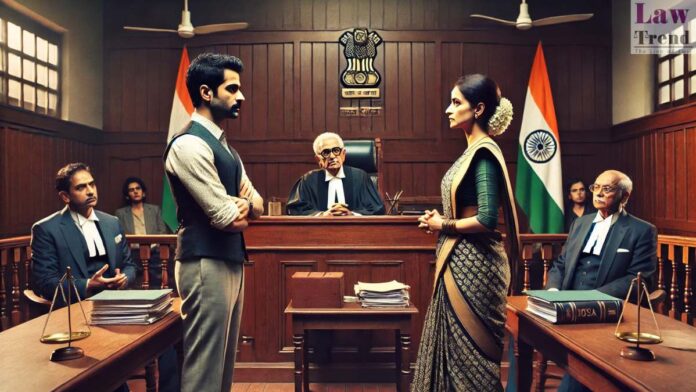The Allahabad High Court has ruled that a wife’s independent social behavior, including engaging in activities outside the home without her husband’s consent, does not constitute mental cruelty. The decision came in First Appeal No. 253 of 2007, where the court addressed issues of cruelty and desertion in a 35-year marriage marked by decades of
To Read More Please Subscribe to VIP Membership for Unlimited Access to All the Articles, Download Available Copies of Judgments/Order, Acess to Central/State Bare Acts, Advertisement Free Content, Access to More than 4000 Legal Drafts( Readymade Editable Formats of Suits, Petitions, Writs, Legal Notices, Divorce Petitions, 138 Notices, Bail Applications etc.) in Hindi and English.




